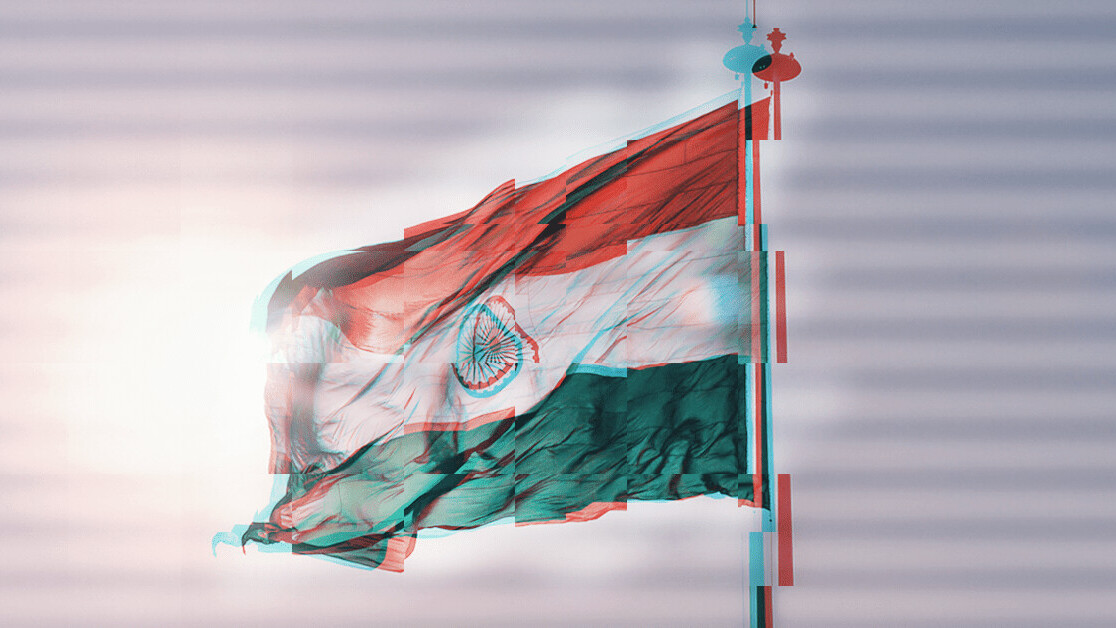
India, the world’s biggest democracy, built a massive database containing information and biometrics of its citizens in the form of Aadhaar back in 2009. Now, it’s planning to build a new database that will continually track the lives of 1.2 billion people living in the country — and further enable surveillance without legal frameworks to prevent its misuse.
As per documents reviewed by HuffPost India‘s Kumar Sambhav Shrivastava, the government plans to record important milestones in citizens’ lives, including moving cities, changing jobs, property purchases, and changes in their family trees. There have also been discussions for geo-tagging every single residence and integrating it into a geo-spatial database built by the country’s space agency, ISRO.
[Read: India admits to using facial recognition to identify rioters amidst communal tensions]
Srinivas Kodali, a data and internet governance researcher, who obtained this information through a Right To Information Act (RTI), suggested this searchable database — a single database or a cluster of multiple databases — will be supported by Aadhar data and updated in real-time. He also noted that the World Bank is involved with the project; providing an initial grant of $2 million as per reviewed documents.
The @WorldBank group interest to push identity and national registries is India is very dubious. They have invented random savings numbers to praise #Aadhaar. They are experimenting on the poor under guise of helping them while they push for surveillance. https://t.co/nEu7bIqHpr
— Srinivas Kodali (@digitaldutta) March 17, 2020
The database, called the National Social Registry, has been in the works for the past five years as an effort to update the data from a 2011 national socioeconomic and caste census. The idea was to update the census data to “ensure greater benefits” for citizens — especially the poor. India’s report suggests officials have already formed a special committee which plans to execute this project by 2021.
In 2018, India’s apex court ruled that while Aadhaar ID doesn’t violate the privacy of citizens, its use shouldn’t be mandated by private entities. The top court also asked the government to limit the compulsory usage of the ID to welfare schemes. Now, the special committee formed to build the new database is proposing amendments to the Aadhaar Act that might render these privacy safeguards useless.

The Indian government is already facing a lot of international pressure for its policies related to surveillance and citizen monitoring. Last December, it passed the controversial Citizenship Amendment Act (CAA), a law that grants citizenship to non-Muslim refugees from select neighboring countries. Along with that, the ruling Bhartiya Janata Party’s (BJP) leaders have also talked about building a National Register of Citizens (NRC) to throw out terrorists and “unwanted” immigrants — a problematic program considering the lack of documentation among citizens nationwide.
The country is also building a facial recognition program supposedly intended for catching criminals and finding missing children. However, as there’s no legislative framework to ensure ethical data collection and usage, privacy experts have pointed out that it might lead to unchecked surveillance.
Last week, India’s Home Minister, Amit Shah, said the government had identified 1,100 rioters through the new system involved in creating an unlawful situation in the country’s capital, New Delhi. He informed the parliament that apart from the criminal database, cops had also used data from the voter’s ID and driver’s license.
While the government’s intention for building the new social registry is supposedly to help families below the poverty line to benefit from welfare schemes, the structure of the database and proposed amendments to the Aadhaar act certainly raises red flags. If there aren’t enough checks and balances to contain unlimited data collections, this new database might become another tool for the government to snoop on its citizens.
HuffPost India’s Shrivastava noted this is only part one of the exhaustive investigations into such potentially problematic programs being considered by the Indian government. You can find the whole story here.
Get the TNW newsletter
Get the most important tech news in your inbox each week.





